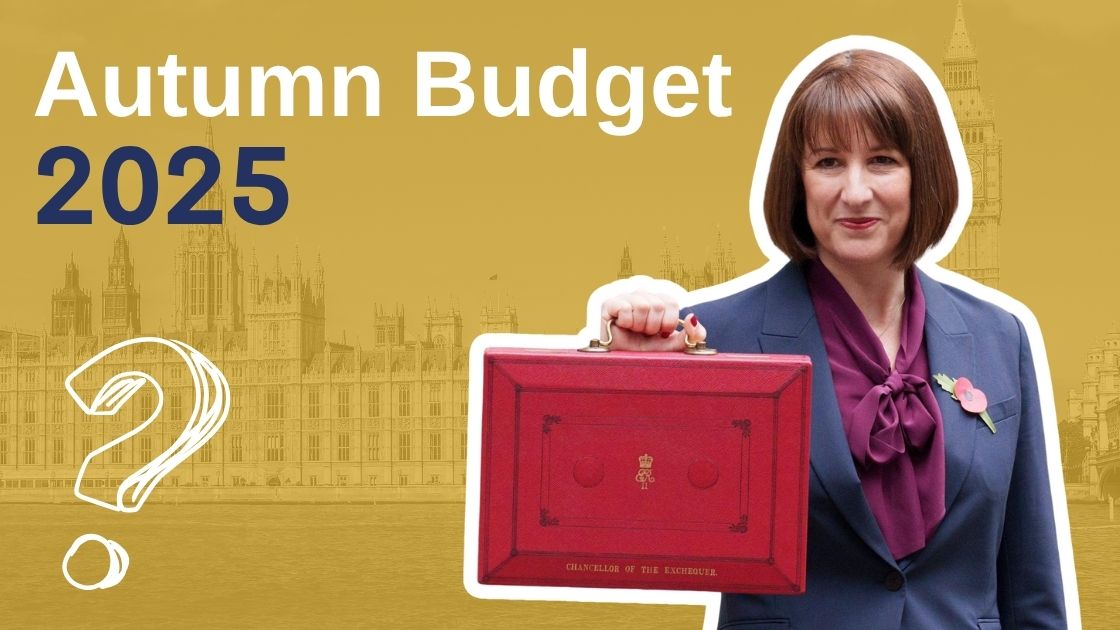
Our starting point……
There are people out there who need support.
The pandemic exacerbated the challenges that people were already facing causing them to look at life differently. In addition to this, lots of people have ended up in really difficult situations some of that is as a result of the economic climate at the moment leading to a lot of people struggling financially. Others are battling with isolation and loneliness while others still have a lot of anxiety on the back of the pandemic.
In some cases, people became quite unwell as a result of COVID causing their lives to change massively. Relationships broke down, families moved away and people found themselves battling with a lot of depression and anxiety while still showing up at work and masking the inner turmoil taking place.
People who became unwell and whose lives have changed drastically found themselves battling a lot of anxiety and depression.
For lots of people whose children might have been a little bit anxious and a little bit depressed suddenly became incredibly anxious and incredibly depressed. Situations
developed wherein people feel trapped in jobs they hate, home environments they couldn’t bear to be in and in relationships that have stopped serving them.
How might physical illness affect mental health?
It is really important to talk about mental and physical health together because they are not separate. There is a body-mind connection and therefore it is possible to have mental health issues or be struggling with mild mental health related matters. Many people do not recognise that there is more they could do to help themselves outside of medication. People can sometimes feel helpless in their situation due to the fact that they do not know the tools and steps they could actually take in helping themselves. It does not mean that there is not a solution but a need to be given the right steps and guidance.
Heart and kidney disease can alter life expectancy and bring on other diseases. When we exercise, we produce feel good hormones like dopamine and serotonin. These are all things that speak to our brain; messaging in the brain and improving the neurotransmission which are increased through exercise. It takes a while to create the habit of exercising during which time our body kicks into flight or fright. This is a normal uncomfortable feeling but not evidence not to exercise.
Anxiety and depression can cause people to feel flat and fatigued and not want to move and do any exercise. It is important for an individual to start where they are at. There are steps people can take without overwhelming themselves.
Tools we can use to help ourselves….. lifestyle choices and social interaction
You may have a step tracker on your phone. This can be used to set basic goals. Join a class at a time that is convenient for you that works well with your existing routine. Walking a dog is a form of exercise, doing the school run may help us reach a target of 1,000 steps.
What can you do that is comfortable and not too much? Once you have mastered that the next thing you can do is stretch yourself a little bit further. Create solutions that fit in with your normal routines.
What does your body need? Some people facing anxiety might have a lot of gut issues, people who are depressed might have low moods and feel fatigued. Think about what you need. If it’s something to do with the gut then there is a need to go out and do something more practical. If feeling anxious with lots of thoughts, then find something that will still your mind and help you to be more present. What do you need to flourish?
In the School of Positive Psychology there is an acronym called PERMA (positive emotions relationship meaning and achievement) by Martin Seligman.
It’s not about getting to that happy place and getting to be happy but about what you can do to be a little happier. This is about looking at the ingredients needed – what allows you to be lost in the moment, what makes you present, still and calm?
Yoga can help you be lost in the moment, meditation is helpful, breathing exercise or losing yourself in an activity you enjoy like reading or even doing a jigsaw puzzle, these are all ways of connecting and being present.
It is also important to check the relationships we have. Get more of those positive relationships in your life - there might be people around you that cause you joy that absolutely warms you up. These are the type of relationships to prioritise and be around more. How can we arrange to be around those relationships that have a more positive effect?
M in PERMA is about bringing more meaning to life. Perhaps taking up volunteering on a project that reflects your core values will give you a sense of accomplishment. How well are you doing in the 5 areas of PERMA? Which areas need attention and where can you start? Needing to work on multiple areas of PERMA is not unusual.
Exercise connects with the p of positive emotion. There is a lot of evidence between the link between pain and depression. People who have long-term conditions may find they are not able to exercise. Sugary food, alcohol and cigarettes may only give a short-term feel-good factor. What therefore can be done to release feel-good factors.
We cannot anticipate nor underestimate the impact of gratitude - being grateful for things in the moment. We can develop our gratitude practices by thinking of 3 to 10 things we are grateful for before even getting out of bed. It doesn't have to be a big expensive holiday or having the biggest house but being grateful that you were blessed to see another day. Have a gratitude journal or photo journal of things that make you feel grateful. A sunny morning or a clear sky at night, even things to do with the children can be incorporated into our lives.
The average person has between 12,000 to 60,000 automatic thoughts a day, CBT helps us look at our thoughts. How can we reframe our thoughts in that moment? It requires practice. It is important to recognising the relationship between how we are thinking and how we are feeling and the choices we make – the action. When we notice we are not feeling positive let’s think about what was going on before we felt that way. When we feel bad we tend to make bad choices. E.g coming off our healthy eating cycle. Change the way you look at things and the things you look at change.
Conclusion
One negative thought can catalyst other negative thoughts which impacts on how we feel for that day, this can create a cycle around how we ae feeling.
Let’s make things simple – what things that can be easily adopted into our lives? It’s important to meet people where they are at. What practical things can you do to help you and your family?
How can you silence the noise……by thinking about the things you can control. The relationship between thoughts, feelings and behaviour are key. You can’t control other people, but you can control what you do, how you think and how you feel.
Sometimes people's idea of progress is that they need to get to the top of the ladder - whatever that is. So, for some people getting to top the right ladder is about the career, financial goal, house or something really big before they can get the change they want to see. It's not about trying to jump from the ground to the top of the ladder when the first step on the ladder is actually the first step you can take. Hopefully people can think about this as little steps, little rungs on the ladder of getting to the top. We don't need to be focused on what's up there but we can have a think about what does the next step on that ladder look like for you as an individual and what can you do to get there.
Everybody has within them the ability to grow and flourish we all simply require a little bit of support getting it out.
By focussing on the areas that are not in pain let’s make use of the tools shared above to take control of our circumstances so that we can Grow…Develop and Thrive.
To learn more about the Transformational work Merrisha connect with her various channels:




